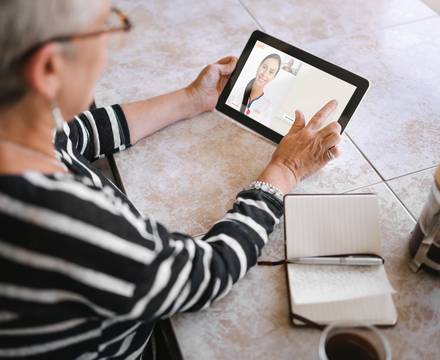
Telerehabilitation explained
Maybe, you heard about telerehabilitation for the first time. In our blog post, we explain the most important facts.

Maybe, you heard about telerehabilitation for the first time. In our blog post, we explain the most important facts.
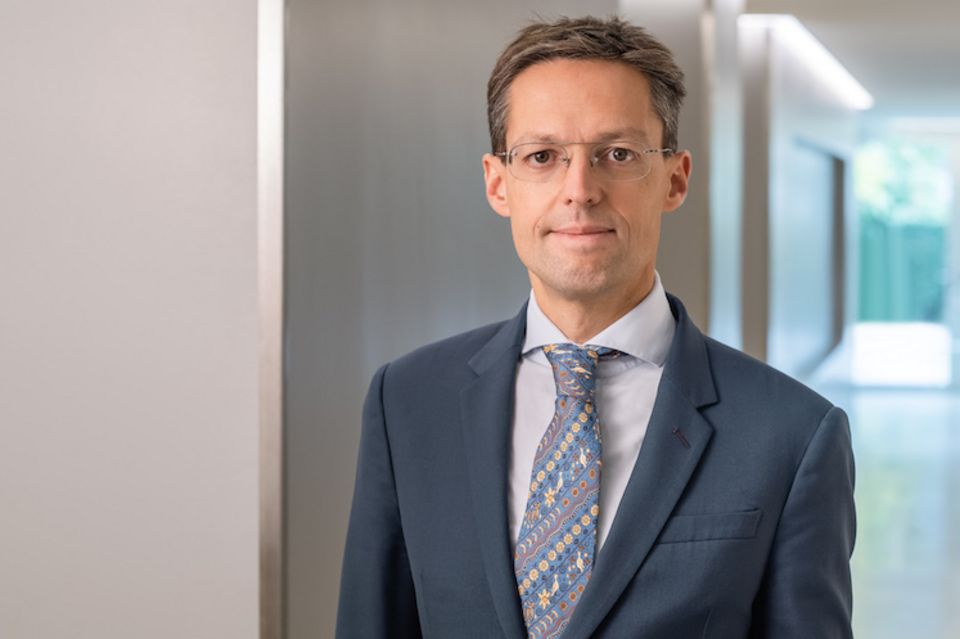
Prof. Luft explains why internal motivation is critical and the extent to which it influences the outcome of stroke recovery.
Meet our new Senior Physician, Dr. med. Rebeka Hughes: dedicated to providing the best possible treatment and care for all of our patients.
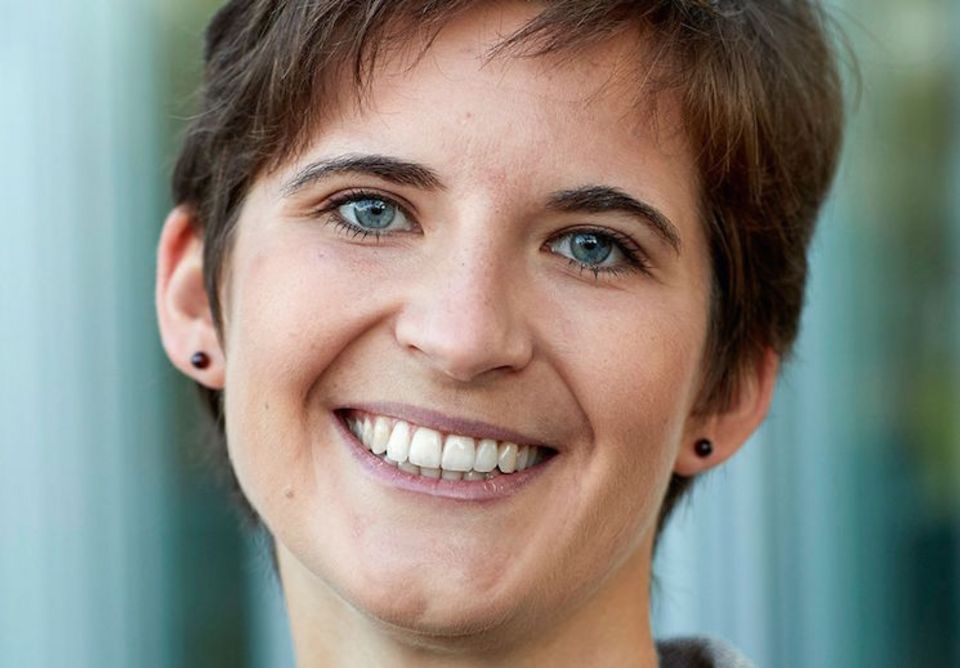
The Executive MBA at the University of St. Gallen, Switzerland (HSG) interviewed Managing Director Irene Christen about her education and career.
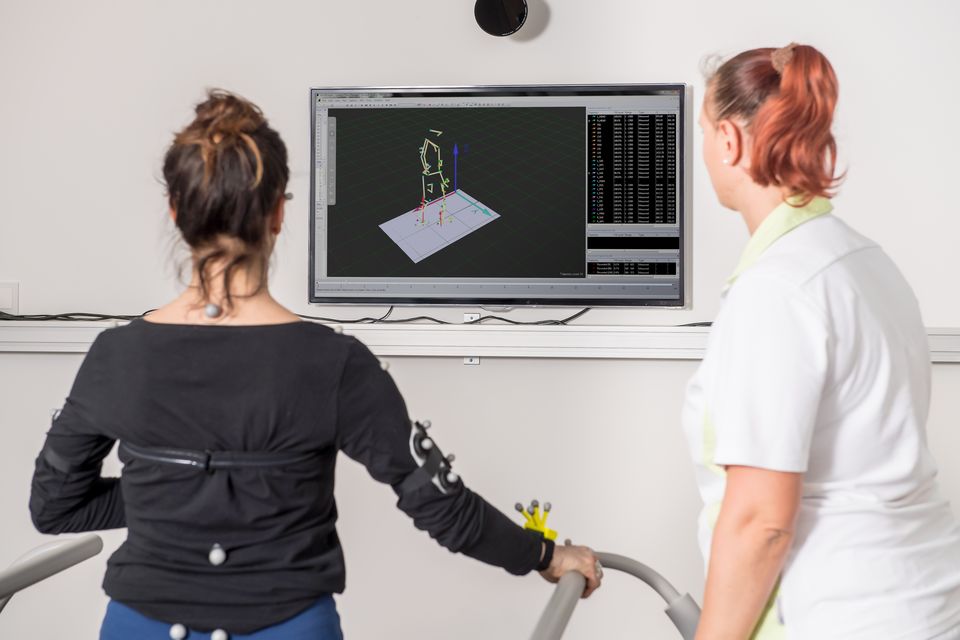
Dr. A. Melendez-Calderon, from our research institute cefir, gave a talk about Robotics in Rehabilitation at ESOC 2019. Read about it here.
Read more about the sessions you don’t want to miss at ESOC 2019, especially selected by our Prof. Dr. med. Andreas Luft.
A stroke can cause a lot of stress for both the patient and his family. In this article, you’ll learn more about its causes and how to cope with it.
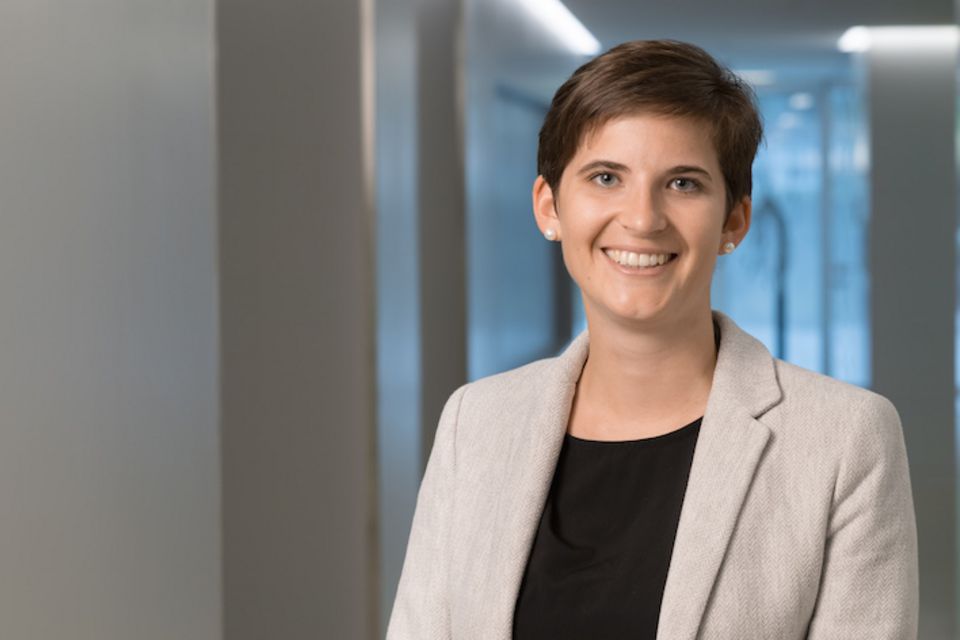
Read more about the career of Managing Director Irene Christen in our blog.
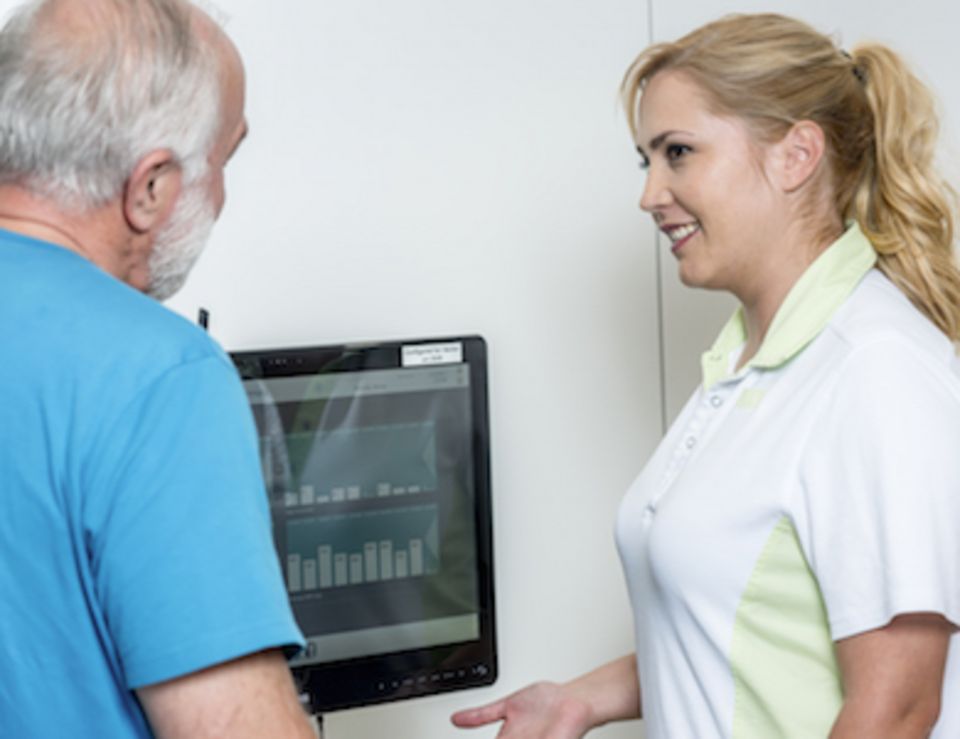
A talk with Dr. Sandra Giovanoli about the balance between neuroscience and clinical neurorehabilitation.
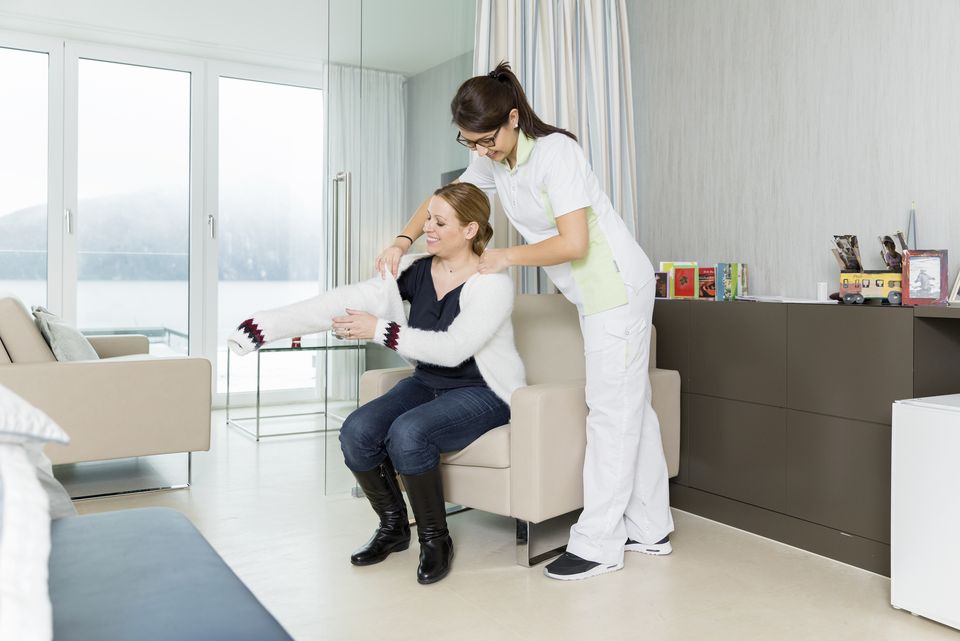
Interview with Belén Valladares, PhD-student, talking about her clinical work, research experience and diversity in science.